Paul Joskow, MIT professor of economics
Thursday, September 22nd
5:30 pm
University of Colorado School of Law
Wolf Law Building, Wittemyer Courtroom
This event is free and open to the public. You must be registered to attend. More information and registration available here.
Electricity generation accounts for about 30% of U.S. greenhouse gas emissions. While emissions have declined by about 20% in the last ten years, much of this reduction is due to the fortuitous availability of cheap natural gas which has provided incentives to substitute less CO2 intensive natural gas for coal as a generation fuel. The sector faces many challenges to meet long run 2050 goals of reducing emissions by as much as 80% from 2005 levels. These challenges include the diversity of federal, state and municipal regulation, the diverse and balkanized structure of the industry from state to state and region to region, the failure to enact policies to place a price on all carbon emissions,
the extensive reliance on subsidies and command and control regulation to promote renewables and energy efficiencies, uncertainties about aggressive assumptions about improvements in energy efficiency beyond long-term trends, pre-mature closure of carbon free nuclear generating technologies, integrating renewables efficiently into large regional grids, methane leaks, and transmission constraints. The lecture will discuss these challenges and suggest policies to reduce the costs and smooth the transition to a low carbon electricity sector.
Paul L. Joskow became President of the Alfred P. Sloan Foundation on January 1, 2008. He is also the Elizabeth and James Killian Professor of Economics, Emeritus at MIT. He received a BA from Cornell University in 1968 and a PhD in Economics from Yale University in 1972. See full biography here.
